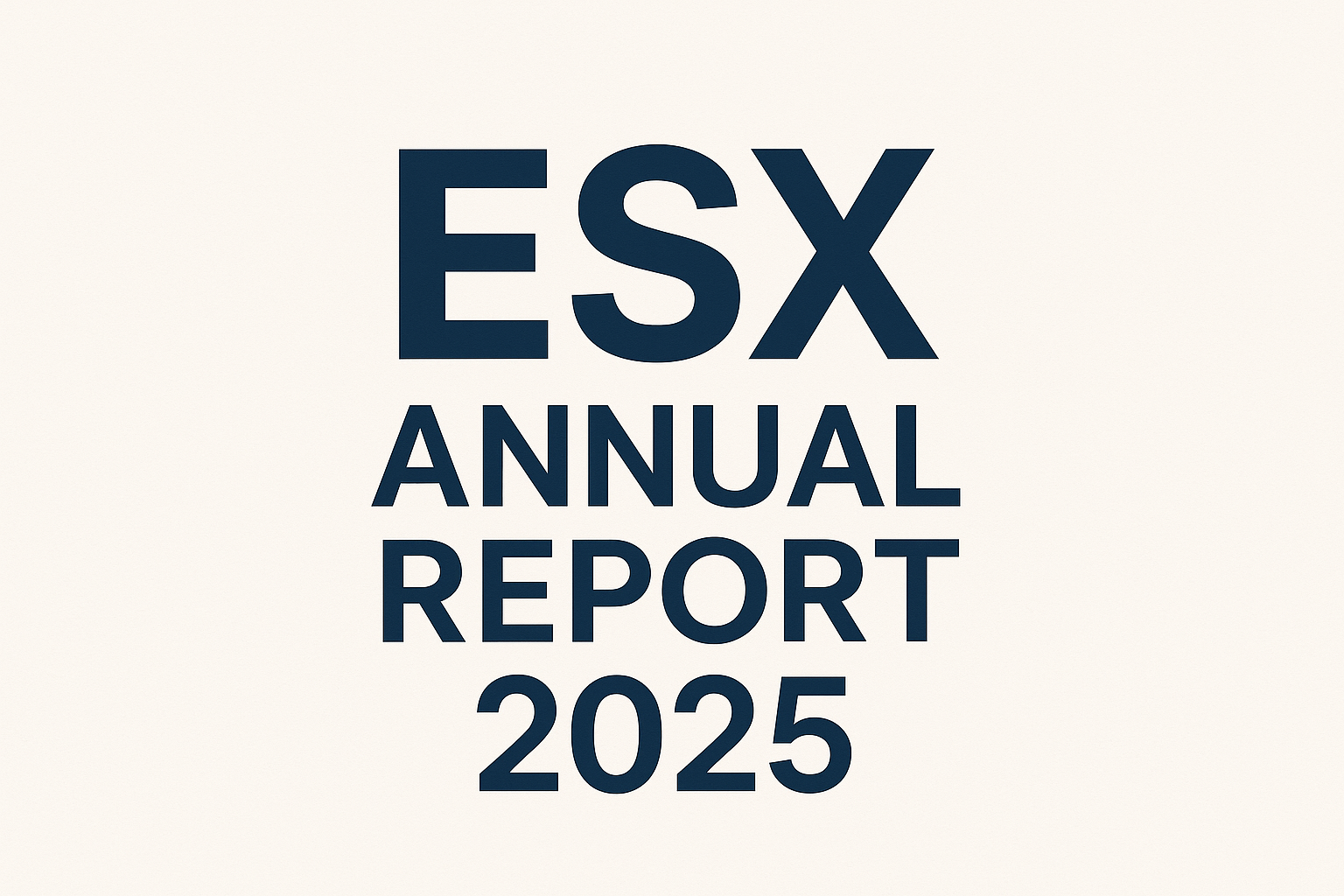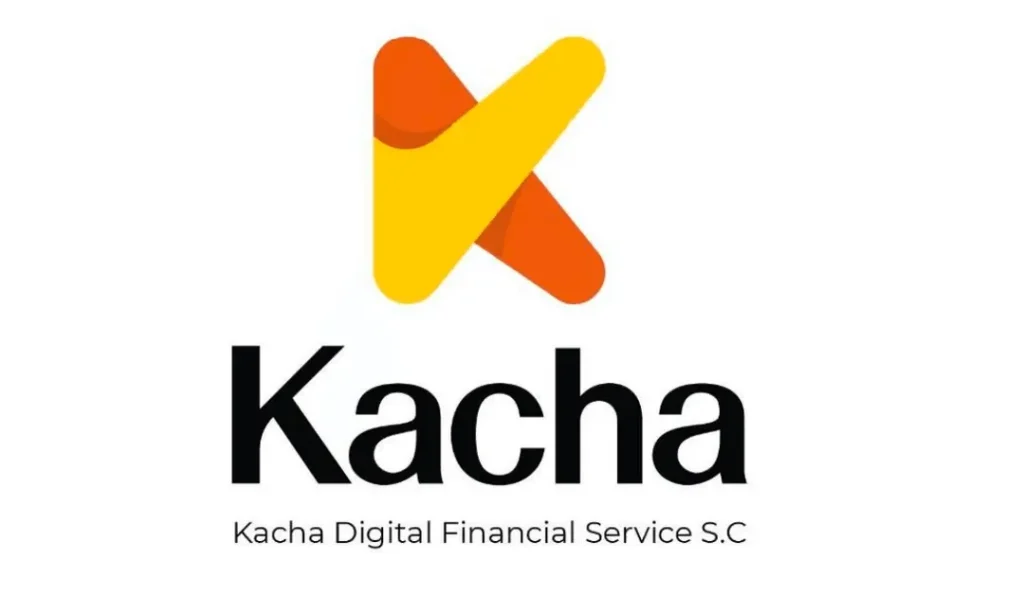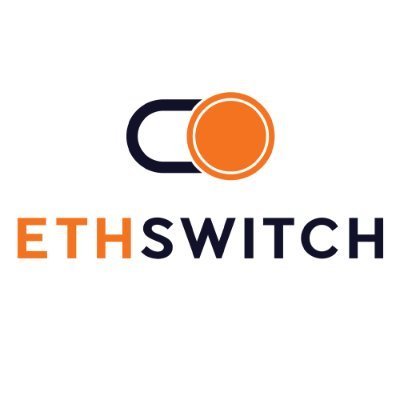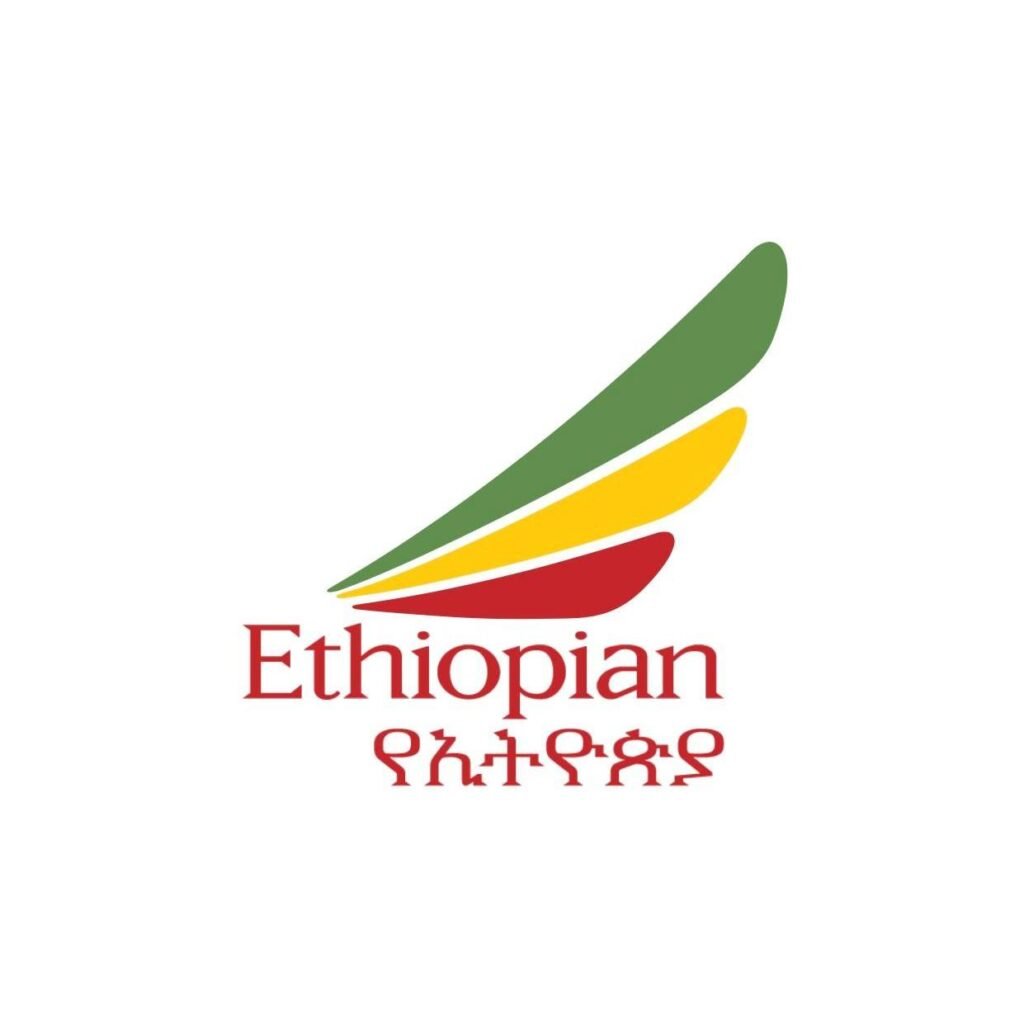Ethiopian Investment Board Approves Key Directive to Boost Investment in the Trading Sector
Addis Ababa, May 23, 2025
In a landmark move to revitalize Ethiopia’s economy, the Ethiopian Investment Board (EIB) has approved a pivotal amendment to Directive No. 1001/2016, opening previously restricted trade sectors to foreign investors. The revised directive, ratified on May 23, 2025, aims to attract foreign capital, modernize Ethiopia’s trade infrastructure, and foster a competitive market environment while safeguarding domestic businesses .
Key Provisions of the Directive
1. Expanded Access to Trade Sectors
– Export Trade: Foreign investors can now engage in exporting raw coffee, oilseeds, khat, pulses, hides and skins, and livestock, provided they meet stringent procurement thresholds. For example, exporters of raw coffee must demonstrate an annual average purchase of $10 million from Ethiopia over the past three years and commit to exporting the same value within the permit year .
– Import Trade: All sectors except fertilizer and petroleum are open. Investors must either be manufacturers or agents or commit to importing at least $10 million annually .
– Wholesale Trade: Foreign entities must build modern marketing infrastructure and obtain written consent from regulatory bodies .
– Retail Trade: Investors must establish large-scale supermarkets or hypermarkets (e.g., five 2,000 m² stores or one 10,000 m² mall within three years).
2. Economic Liberalization Goals
The directive aligns with Ethiopia’s broader strategy to liberalize its economy, attract $4.52 billion in FDI annually, and address foreign exchange shortages. By integrating foreign expertise, the government aims to enhance export quality, streamline logistics, and reduce reliance on informal trade channels .
3. Safeguards for Domestic Businesses
While opening sectors, the EIB emphasizes “balanced opportunities” for local enterprises. For instance, foreign investors entering retail must meet large infrastructure commitments, ensuring they do not overwhelm small-scale domestic traders .
Economic Context and Challenges
Ethiopia’s FDI inflows have stagnated in recent years, dropping from $4.3 billion in 2021 to $3.92 billion in 2023/24 due to political instability, regulatory uncertainty, and loss of trade privileges like the U.S. AGOA agreement. The new directive seeks to counter these trends by offering clearer guidelines and addressing investor concerns about market access.
However, critics highlight lingering challenges:
– Implementation Hurdles: Experts question whether foreign investors can significantly boost export volumes in already saturated markets like coffee and oilseeds .
– Infrastructure Demands: Building large retail outlets or modern warehouses may be costly in regions with logistical bottlenecks .
– Regulatory Consistency: Past abrupt policy changes, such as shifting forex rules and tax laws, have eroded investor confidence .
Industry Reactions
Zeleke Temesgen, of the Ethiopian Investment Commission, hailed the directive as a “transformative step,” noting that 40 foreign firms have already secured permits in retail, wholesale, and agribusiness sectors since its announcement. Meanwhile, domestic exporters express cautious optimism. One veteran coffee exporter remarked, “Foreign participation could expand global reach, but without increased agricultural productivity, gains may be limited.”
Looking Ahead
The EIB’s directive reflects Ethiopia’s dual strategy of economic openness and measured protectionism. As the government works to stabilize conflict-affected regions and refine regulatory frameworks, the success of this policy will hinge on execution transparency and sustained investor engagement.
For foreign businesses, Ethiopia’s $23 billion retail market and untapped export potential offer lucrative opportunities—provided they navigate the new requirements strategically .
Compiled from Ethiopian Investment Commission releases and industry analyses.







